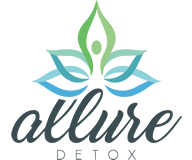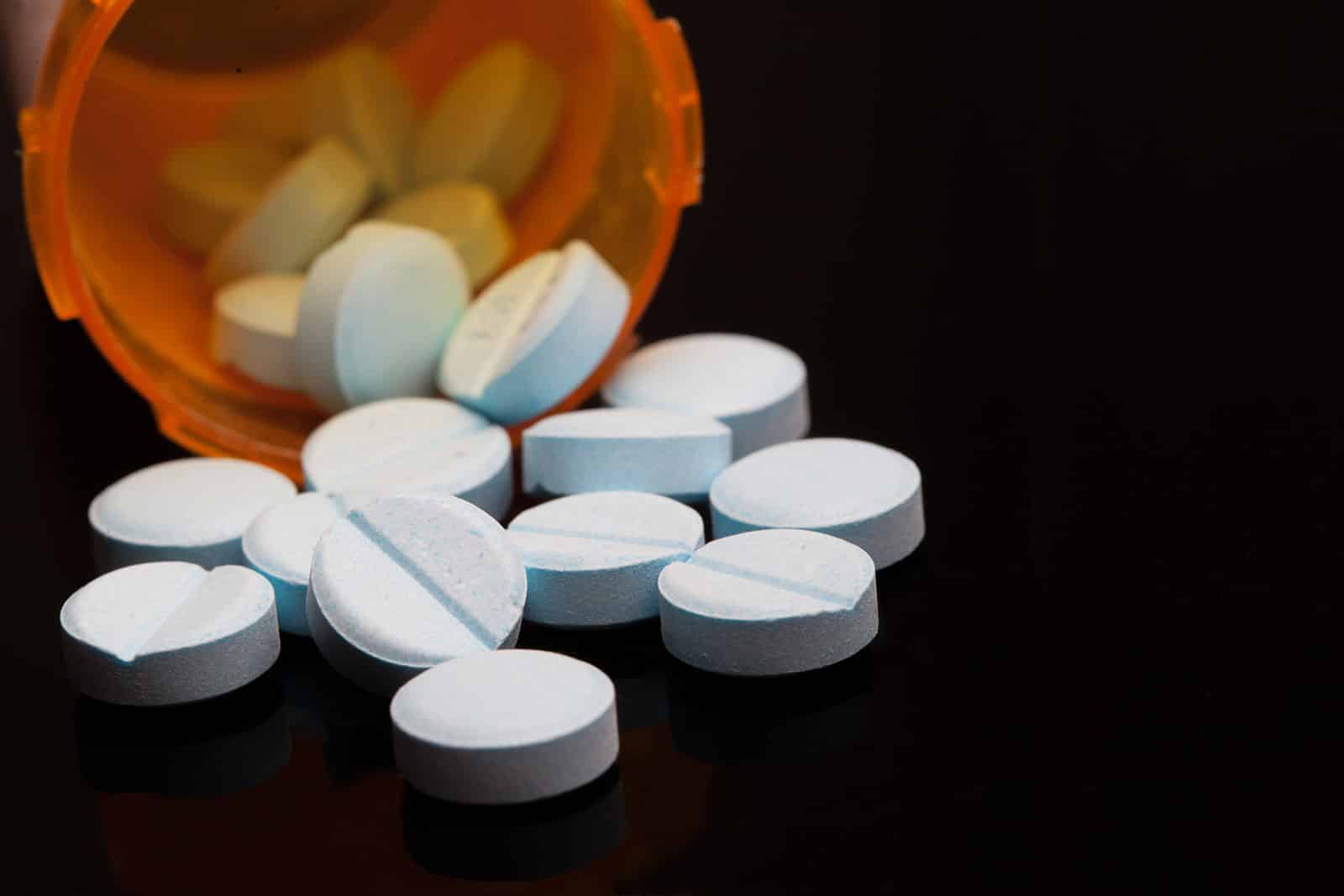Opiates are one of the deadliest and most difficult drugs to quit, and there is rarely a recreational user. It is almost certain that when you start using opiates, you will become dependent on them and become addicted. This addiction will ruin your life utilizing taking all your money, your health, your friends and family, and all you have achieved in life so far, and if you are one of the many statistics, your life.
According to the National Institute on Drug Abuse (NIH), more than 67,300 Americans died from a drug-involved overdose in 2018, including illicit drugs and prescription opioids. Drug overdose deaths rose from 38,329 in 2010 to 70,237 in 2017, followed by a significant decrease in 2018 to 67,367 deaths.

TL;DR: People nod off on opiates due to the drug’s sedative effects on the central nervous system, leading to drowsiness and decreased consciousness.
Table of Contents
Becoming Addicted to Opiates
Many addicts start off becoming addicted to opiates either by recreationally using pain medication or becoming dependent on their prescribed pain medication because of their chronic pain. Opiates that are commonly prescribed for pain are Codeine, Hydrocodone, Hydromorphone, and Oxycodone, just to name a few.
When it comes to abusing opiates, some have an intense euphoric rush when taken intravenously. The fierce rush is followed by many side effects that are common in other opioid drugs:
- Nodding out
- Extreme happiness followed by drowsiness
- Loss of consciousness
- Drowsiness
- Constricted pupils
- Shallow breathing
- Mental confusion
- Lack of motor control
- Slow heart rate
What Does Nodding Off On Opiates Mean?
The majority of those side effects are pretty self-explanatory except for one, “nodding out.” What is “nodding out”? Nodding out (or nodding off, which can be used interchangeably) is a common term for heroin or opioid-induced state that causes overdose-related deaths more often than any other drug euphoria or high. However, there are many dangers of nodding out on heroin and opiates.
Why Do You Not Out While On Opiates?
When opiates enter the brain, users feel an intense euphoria, or “rush.” However, this is inevitably followed by a period when the person experiences a trans-like state that shifts between drowsy and wide awake for many hours. It is referred to as nodding out or nodding off.
Nodding out is not an exact medical term, and it can be comparable to a student that is bored in class who is trying to keep his head up and stay awake; his head will “nod” and drop as he gets more and more sleepy, and then his head will inevitably jerk awake.
Nodding off occurs because opiates are sedatives that make users go from feeling alert but sleepy into such a deep sleep that they cannot be forced to wake up. This may seem like a perfect state of well-being for an opiate user, but it is commonly the first step on the road toward falling asleep and never waking up again.
Opiate Addiction Treatment at Allure Detox
If you or a loved one need to get off opiates and back to living, Allure Detox is here for you. If you are ready to take the next step in your path to recovery, we at Allure Detox can help. Allure Detox exists to help patients stop using drugs and alcohol safely. Unlike many facilities, Allure’s detox center treats addiction as a disease. Our team of specially trained physicians and nurses is committed to helping addicts and alcoholics achieve lasting recovery.
FAQ
What drugs cause you to nod off?


